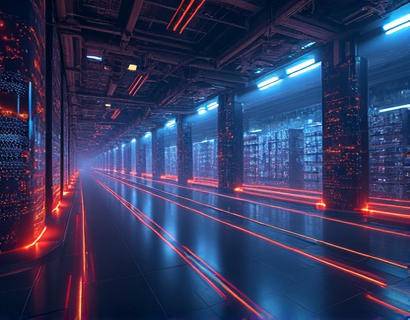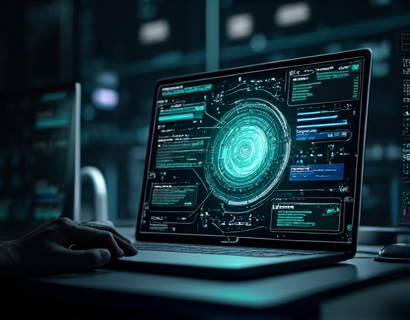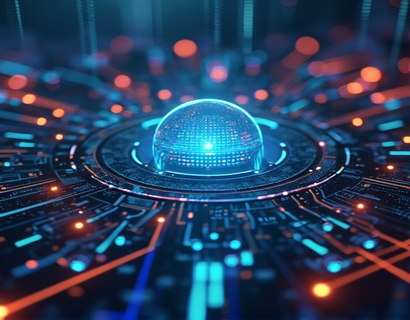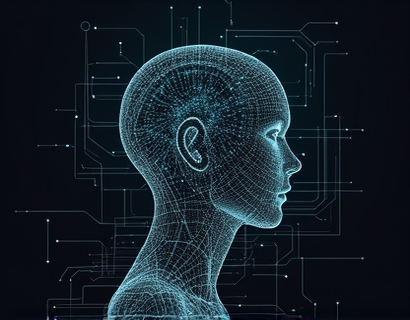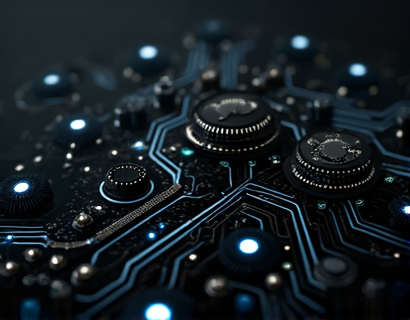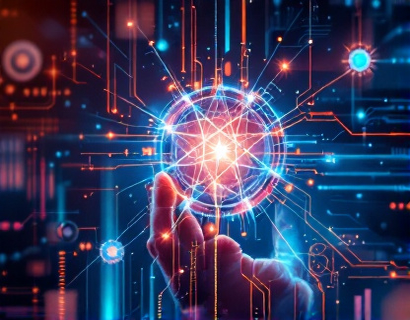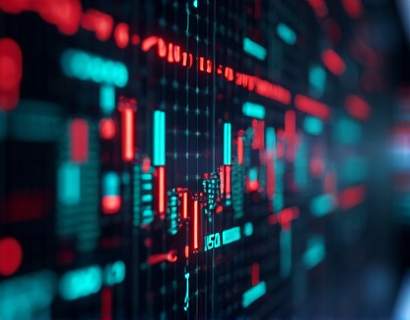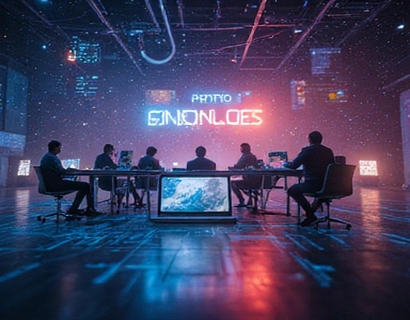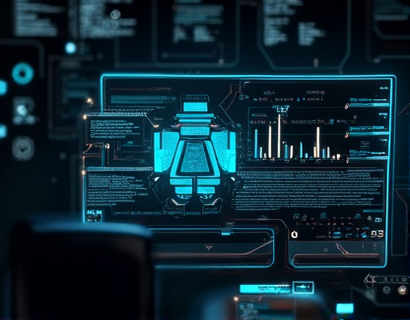Decentralized AI Meets Crypto: Transforming Digital Solutions for the Next Generation
The intersection of decentralized technologies and artificial intelligence is giving rise to a new era of digital solutions, one that promises to redefine how we interact with data, services, and each other. This transformation is not just about merging two powerful fields but about creating an ecosystem where decentralization and AI can thrive together, unlocking unprecedented potential for innovation and user empowerment. This article delves into the dynamics of this fusion, exploring how it is reshaping the digital landscape and paving the way for next-generation applications and services.
Understanding Decentralized AI
Decentralized AI, often referred to as DAI, represents a paradigm shift from traditional centralized AI systems. In a centralized model, data and processing power are concentrated in the hands of a few large corporations or entities, raising concerns about privacy, security, and control. Decentralized AI, on the other hand, distributes these resources across a network of nodes, leveraging blockchain technology to ensure transparency, security, and user sovereignty. This decentralization not only enhances privacy but also democratizes access to AI capabilities, allowing developers and users alike to build and utilize AI models without relying on centralized authorities.
The Role of Cryptocurrency in Decentralized AI
Cryptocurrency plays a pivotal role in the decentralized AI ecosystem by serving as a medium of exchange for data, computational power, and other resources. Blockchain technology ensures that transactions are secure, transparent, and tamper-proof, which is crucial for building trust in a decentralized environment. Smart contracts, self-executing contracts with the terms directly written into code, automate and enforce agreements between parties, reducing the need for intermediaries and lowering transaction costs. This synergy between cryptocurrency and AI creates a robust framework for decentralized applications, enabling new business models and use cases that were previously unimaginable.
Enhancing User Experience through Decentralized AI
The integration of decentralized AI into digital solutions significantly enhances user experience by providing more control and transparency. Users can choose how their data is used and shared, and they benefit from more accurate and personalized services without compromising their privacy. For instance, decentralized AI can power privacy-preserving recommendation systems, secure identity verification, and autonomous decision-making processes. These applications not only improve the functionality and reliability of services but also empower users by giving them greater autonomy over their digital lives.
Decentralized AI-Powered Ecosystem: Unleashing Potential
The decentralized AI ecosystem is a vibrant and dynamic space where various components work together to create a seamless and powerful platform. At the core of this ecosystem are decentralized data markets, where data providers can monetize their data while maintaining control over it. These markets are facilitated by blockchain-based platforms that ensure fair compensation and secure transactions. Additionally, decentralized machine learning (DLM) frameworks allow for the collaborative training of AI models across multiple nodes, enhancing the accuracy and robustness of these models without centralizing sensitive data.
Another key component is decentralized AI marketplaces, where developers can create, deploy, and monetize AI services and applications. These marketplaces operate on blockchain networks, ensuring transparency and trust. Users can discover and utilize a wide range of AI-powered tools, from natural language processing to computer vision, all while benefiting from the decentralized nature of the platform. This ecosystem fosters innovation by lowering barriers to entry and encouraging collaboration among developers, researchers, and users.
Challenges and Considerations
While the potential of decentralized AI is immense, there are several challenges and considerations that need to be addressed. One of the primary challenges is scalability. Decentralized systems often face limitations in terms of processing power and transaction throughput, which can hinder the performance of AI applications. Researchers and developers are actively working on solutions such as sharding, layer 2 protocols, and more efficient consensus mechanisms to overcome these scalability issues.
Another significant challenge is the regulatory landscape. The intersection of AI and cryptocurrency operates in a relatively uncharted legal territory, and regulations can vary widely across different jurisdictions. Ensuring compliance and navigating the complex regulatory environment is crucial for the sustainable growth of decentralized AI applications. Additionally, there is a need for standardization and interoperability to facilitate seamless integration and communication between different decentralized systems.
Future Prospects and Innovations
Looking ahead, the future of decentralized AI is bright, with numerous innovations on the horizon. One promising area is the development of federated learning, a technique that allows AI models to be trained across multiple decentralized devices or servers without exchanging raw data. This approach not only enhances privacy but also enables more diverse and representative datasets, leading to more robust and fair AI models. Another area of interest is the integration of AI with other decentralized technologies such as the Internet of Things (IoT) and edge computing, which can create more intelligent and responsive systems.
Furthermore, the rise of decentralized autonomous organizations (DAOs) powered by AI could revolutionize governance and decision-making processes. DAOs can leverage AI to optimize resource allocation, predict trends, and make data-driven decisions, all while maintaining transparency and accountability. This fusion of AI and decentralized governance has the potential to create more efficient and participatory systems, reshaping how organizations operate and interact with their members.
Conclusion
The convergence of decentralized AI and cryptocurrency is transforming the digital landscape, offering a new paradigm of innovation and empowerment. By leveraging the strengths of both fields, this ecosystem is paving the way for next-generation digital solutions that prioritize user control, privacy, and collaboration. As the technology continues to evolve, it is essential to address the challenges and embrace the opportunities it presents. The future is decentralized, and the possibilities are endless.




